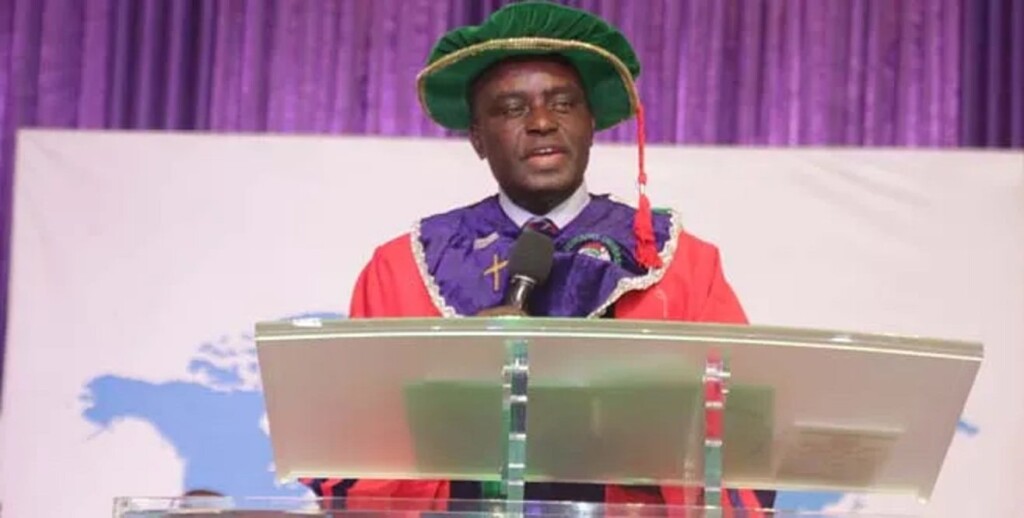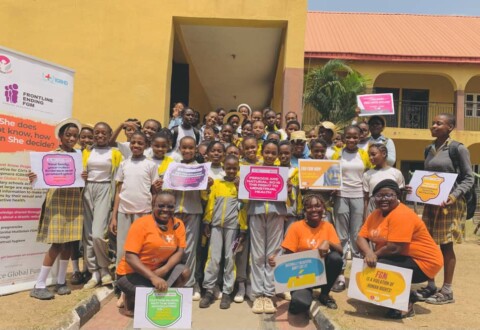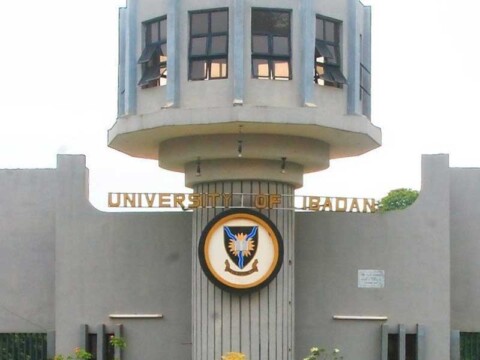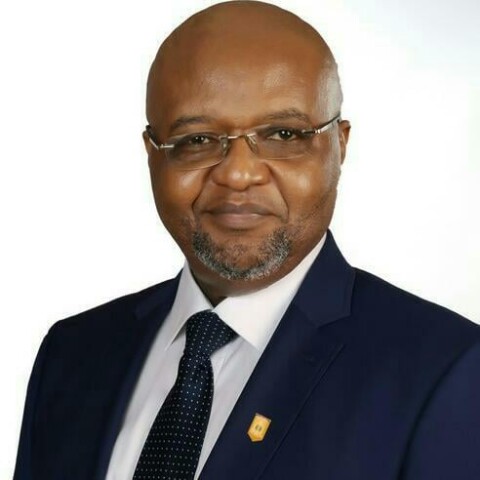A former Executive Secretary of the National Universities Commission (NUC), Professor Peter Okebukola, has introduced a fresh teaching approach designed to transform the delivery of Science, Technology, Engineering, and Mathematics (STEM) education in Africa.
The innovative method, known as the Model-And-Surpass Pedagogy (MSP), was officially launched at the 2025 International Conference of the International Research Group, jointly hosted by the Commonwealth Association of Science, Technology and Mathematics Educators. The conference, which ended on September 18, brought together participants from the United States, United Kingdom, Finland, Nigeria, Ghana, The Gambia, Burundi, Sierra Leone, and Mauritius.
According to Okebukola, the MSP is built on a seven-step framework where teachers and students play complementary roles in advancing STEM education. The process begins two days before class, when students are tasked with researching the lives of two scientists, focusing on their struggles, achievements, and values worth emulating. During the lesson, students compare and contrast the scientists, select personal attributes they aim to model and surpass, and engage in interactive discussions guided by the teacher.
The method also emphasizes practical activities, experiments, group reflections, and classroom evaluations, with students expected to demonstrate how they intend to go beyond the achievements of the scientists studied. “The goal is to ensure that MSP contributes meaningfully to the African Union’s Agenda 2063 – The Africa We Want,” Okebukola explained. He stressed that Africa’s days of playing “second fiddle” in STEM education would soon be over.
To further test the effectiveness of MSP, a team of researchers from Nigeria, Ghana, The Gambia, and Sierra Leone, under the Africa Centre of Excellence for Innovative and Transformative STEM Education at Lagos State University, has begun studies on the model.
Okebukola also revealed plans for a second project that integrates Artificial Intelligence (AI) into teaching within African socio-cultural contexts. Working with the National Association of Artificial Intelligence Practitioners (NAAIP), he and his team—including Dr. Adekunle Ibrahim Oladejo, Dr. Franklin Onowugbeda, Dr. Olasunkanmi Gbeleyi, Dr. Deborah Agbanimu, and Dr. Esther Peter—are collaborating with NAAIP President, Professor Eyitope Ogunbodede, to design an AI-based teaching framework.
“The coming years will be exciting for Nigerian and African students,” he said, noting that current weaknesses in STEM performance stem largely from using Western-designed teaching methods unsuited to African realities. He emphasized that his drive to develop homegrown methodologies, which earlier earned him the 1992 UNESCO Prize, is fueled by the need to craft culturally relevant approaches that improve both achievement and attitudes towards STEM.
The conference also featured keynote addresses by Professor Jomo Mutegi of Old Dominion University, Virginia; Professor Pascal Doh of the University of Turku, Finland; Professor Uchenna Maristella Nzewi of the University of Nigeria, Nsukka; and Professor Shari Watkins of The American University, Washington, DC.
In recognition of their contributions, Fellowship Awards were conferred on Dr. Sue Dale Tunnicliffe, Chairperson of the Board of Trustees of CASTME; Professor Juma Shabani of the University of Burundi; Professor Ibiyinka Ogunlade of Bamidele Olumilua University of Education, Science and Technology, Ikere-Ekiti; and Professor Emeritus Peter A. Okebukola of Lagos State University.





